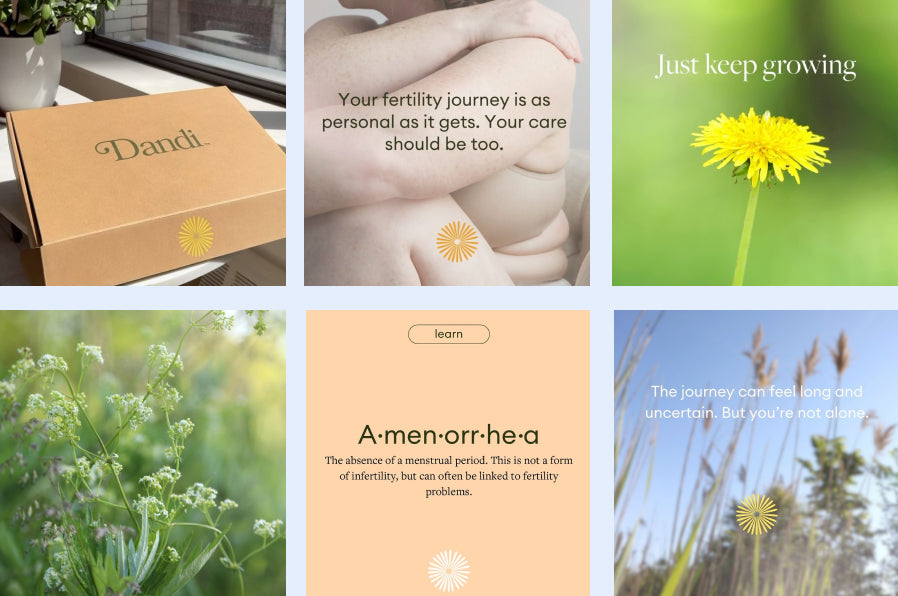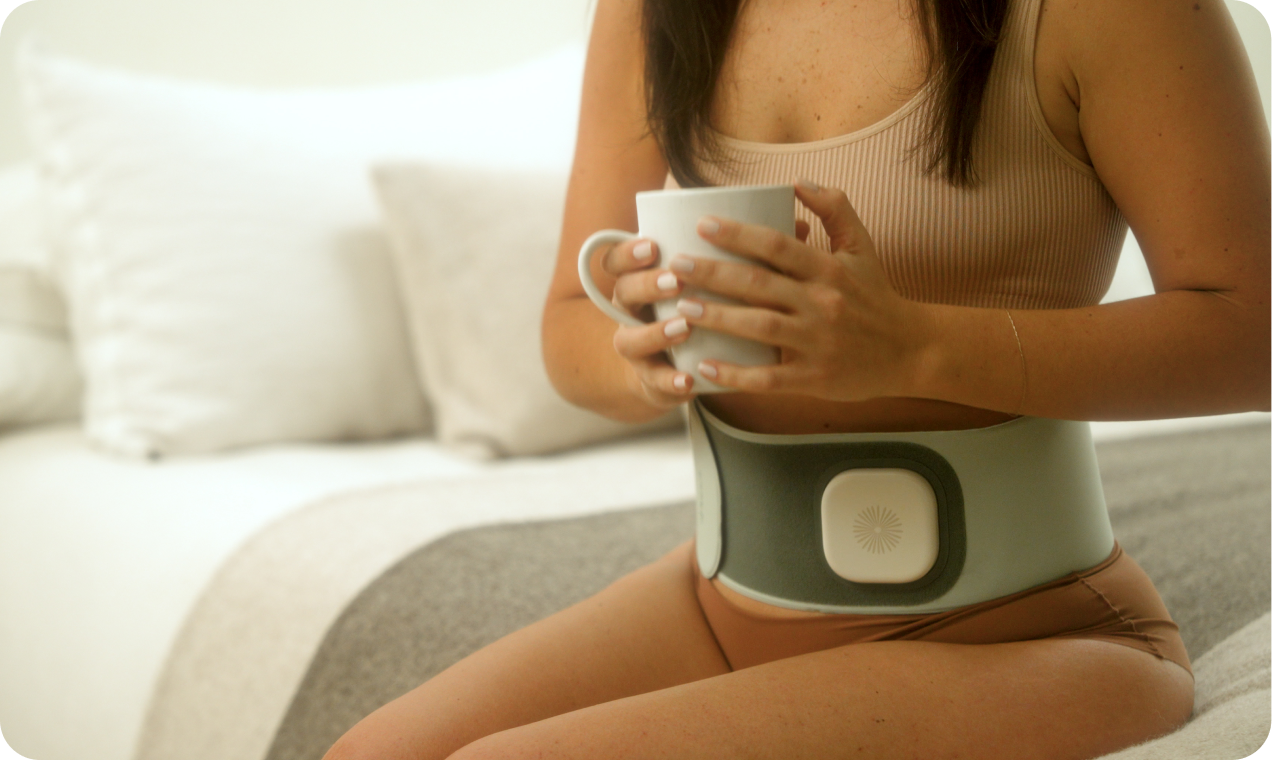You’ve likely heard of the importance of prenatal vitamins during pregnancy, but what about when you’re trying to conceive?
The truth is, supplements can be just as important during this period to help you get that positive pregnancy test. Along with healthy lifestyle choices, supplements can set you up for success when you try to conceive. With Bird&Be, you can now find doctor-backed formulas in convenient daily packs. But you probably have some questions about which nutrients matter, when to start, how they work, and what to look out for. So let's do a deeper dive!
When should I start taking prenatal supplements?
Doctors recommend starting a quality prenatal at least three months before trying to conceive. This is to help support the health of your eggs before they’re fertilized (eggs take three months to develop) and to get your body prepared with the nutrients that are needed early in pregnancy, such as folic acid and iron.
What should I look for in a prenatal vitamin?
While diet can provide some of the nutrients needed when trying to conceive, getting therapeutic doses can make a difference in outcomes, especially if you have concerns about egg quality or quantity. The good news is, you can start taking a prenatal at any time. Here’s what to prioritize.
To keep it easy you can find all the below in bioavailable forms and at the right dose in Bird&Be Power Prenatal for Females.
Folate / Folic Acid
Getting the right amount and form of folate is an important part of every prenatal routine. Folic Acid is used up very early in pregnancy so having it around before conception is key. A deficiency in folate can lead to neural tube defects of the developing fetus.
The daily recommended amount of folate to take is 400 to 1,000 mcg and it’s critical for early baby development, including the brain and nervous system.
Folate is the form of this vitamin that is found naturally in foods while folic acid is the synthetic version. These molecules are converted into the bioactive form in the body, known as 5-MTHF.
Historically, many women have been taking folic acid to supplement this nutrient. However, approximately 40% of the global population has a genetic mutation in the MTHFR gene, which affects their ability to convert folic acid to the bioactive form in the body. So it’s important to make sure that you’re choosing a supplement source that your body will be able to convert and use.

Omega-3
DHA, an Omega-3 Fatty Acid, is another sought after nutrient for egg health, hormone production and cognitive development of the baby. It cannot be naturally made by the body—meaning we need to get it from diet or supplements.
You can find it in foods like fatty fish (think mackerel and salmon), making it especially hard for vegetarians to get the daily recommended dose of 200 mg. Omega-3s are used to make estrogen, testosterone, and progesterone.
Having higher concentrations of Omega-3 fatty acids has been shown to lead to a higher chance of pregnancy in IVF patients.

Vitamin D
Optimal levels of Vitamin D are also linked to more positive pregnancy outcomes. Vitamin D helps with the development of ovarian follicles and the uterine lining, which needs to be thick enough to support implantation. The recommended daily amount of Vitamin D to take is 800 to 1,000 IU and since most of us are deficient in the sunshine vitamin, we could all use a little supplementary boost.
You can find Vitamin D in all of Bird&Be’s supplement packs but you can add an extra dose thanks to the Calcium + Magnesium + Vitamin D Boost if you’re worried about being low in this important vitamin.

Antioxidants
Antioxidants can help improve egg and sperm quality by helping to fight off free radicals. And since oxidative stress is unavoidable, they’re an important part of your prenatal supplement routine—and one that’s often missing from most prenatal brands.
Bird&Be includes CoQ10 and NAC, potent antioxidants with a positive impact on fertility. CoQ10 (Coenzyme Q10) promotes repair and improves the energy output of eggs, while NAC (N-Acetyl Cystine) can protect eggs (and sperm!) from damage and help to maintain the right environment for sperm survival. Antioxidants give you that extra boost to get your eggs—and body—in tip-top shape as you try to conceive.
Make sure that when you’re preparing your body to get pregnant, you include these vital nutrients that will help support your fertility and maintain a healthy pregnancy.
You can of course get a lot of nutrients from your diet but it’s always a good idea to consider adding in a supplement to cover any gaps. Check with your physician to see if there are any additional supplements you may benefit from in order to best support your fertility journey. We hope you found this helpful!







